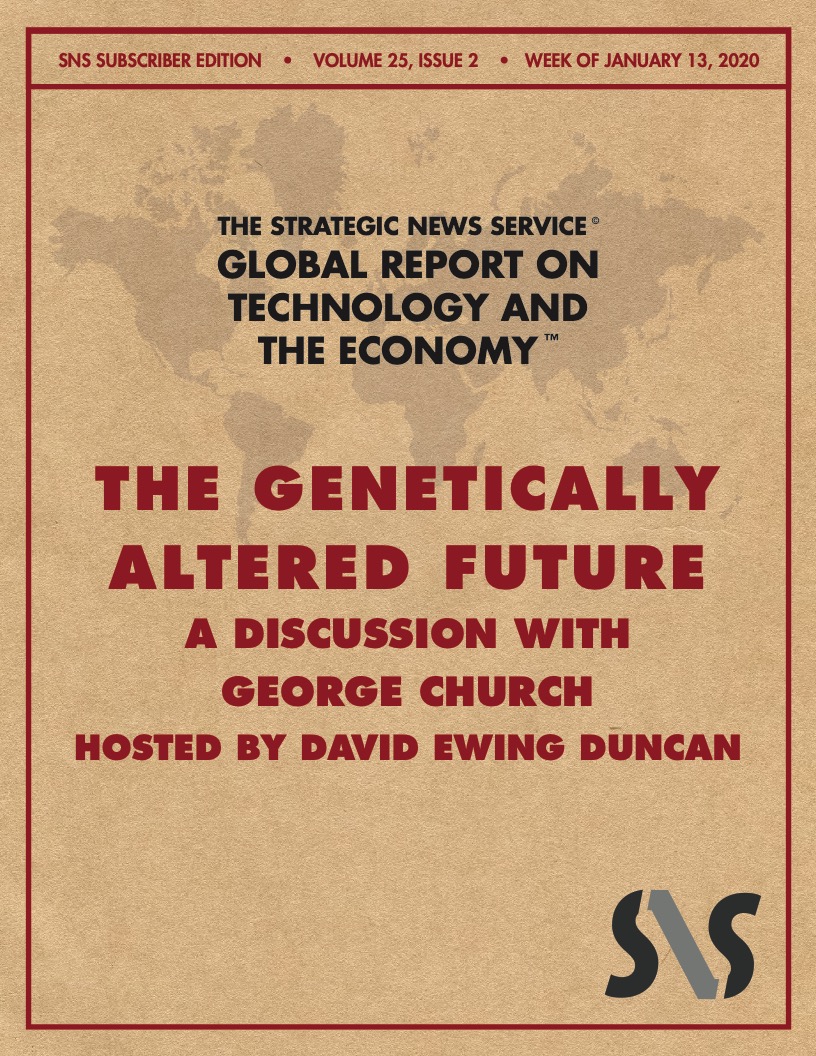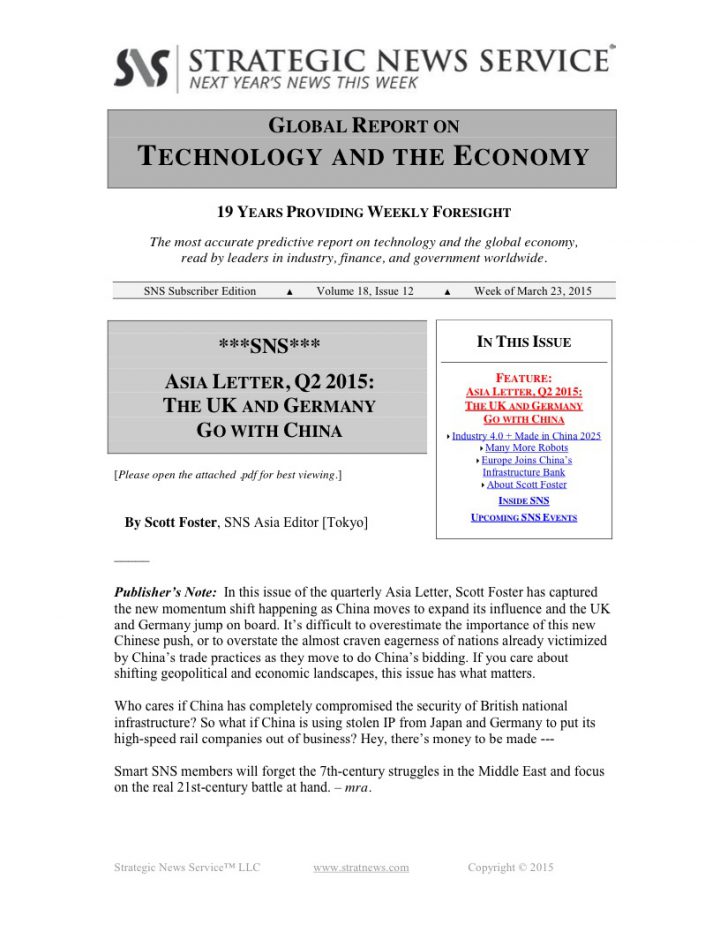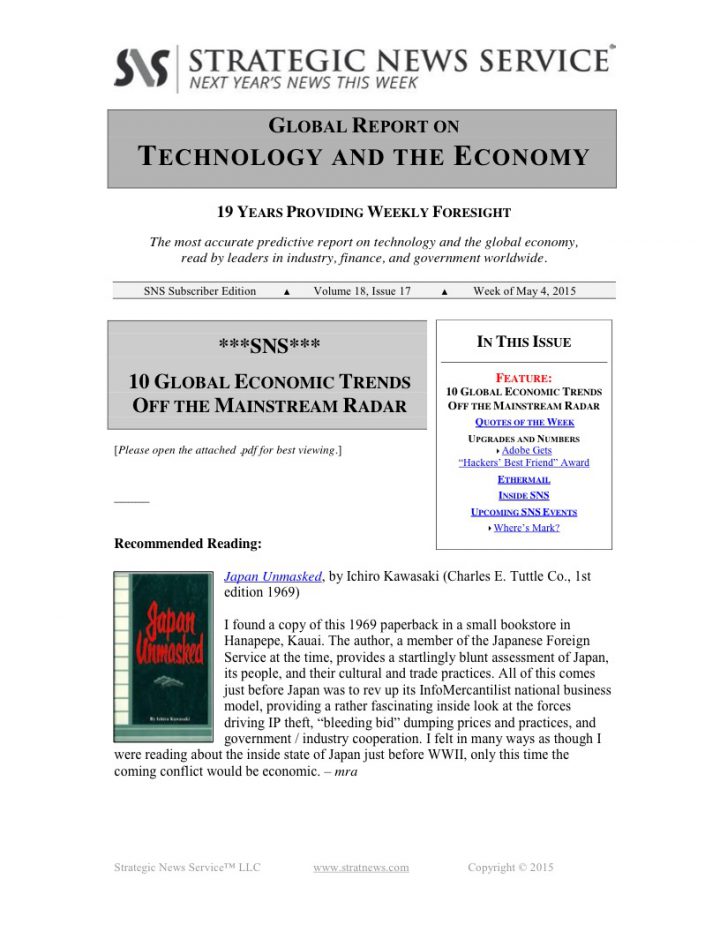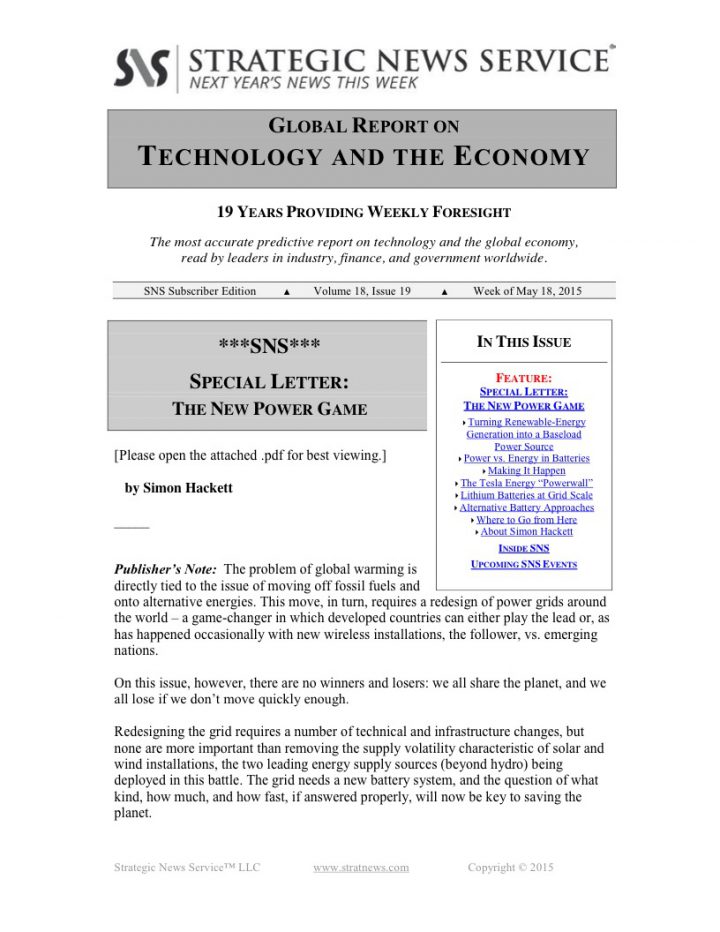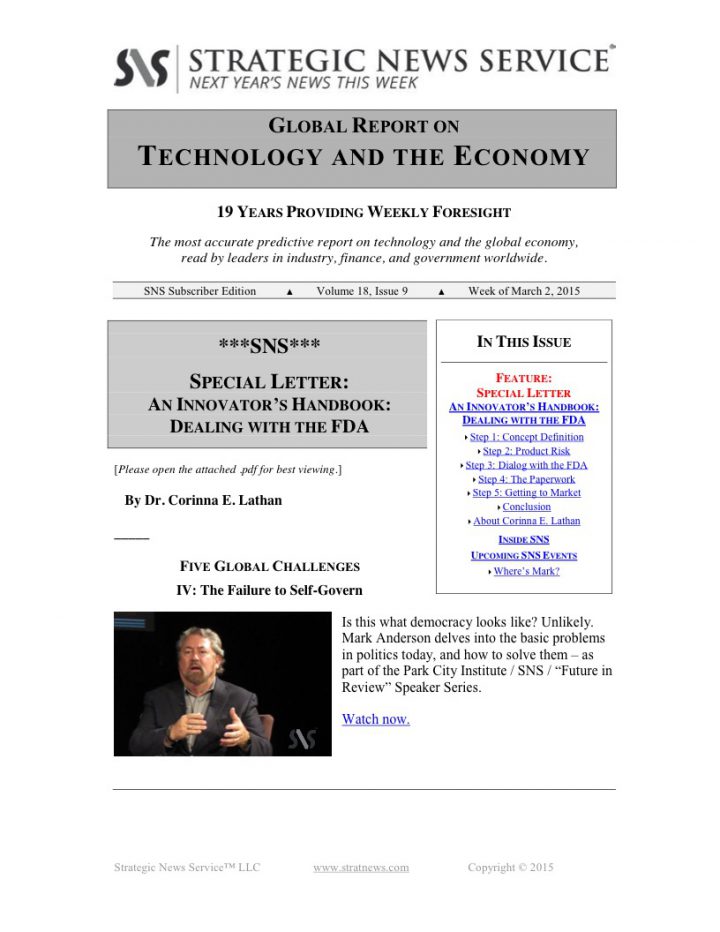In This Issue
Week of 1/13/2020
Vol. 25 Issue 2
The Genetically Altered Future
George Church, Robert Winthrop Professor of Genetics, Harvard Medical School
With host David Ewing Duncan, Journalist, Author, and CEO, Arc Fusion
- About George Church
- About David Ewing Duncan
—-
Publisher’s Note: Those smart SNS members who were able to attend FiRe 2019 had the benefit of yet another intellectual-fireworks show, this year in the hands of author and scientist George Church. While virtually everyone already knows who George is, thanks in no small part to published interviews by SNSer David Ewing Duncan (see below), we came upon the idea of asking him to lead off FiRe through several channels at once. David, during his latest book launch, was first to suggest George; followed by Larry Smarr, who calls him “one of the three smartest people I know”; followed in turn by a wave of affirmations that George was indeed the perfect person to kick off FiRe.
In retrospect, we can now confirm that they were all spot-on. Like the past great global thought leaders who have opened FiRe before him, George covered so much – and such important and original – intellectual territory in his opening-night presentation that many of us are still talking about it. From CRISPR and genetic modification to revolutionizing healthcare (and the definition of “health”), to life extension, synthetic life, personal genomics, and driving down the cost of just about everything, George’s original views and ideas excited and challenged all of us.
For all of these reasons, we thought we really had no choice but to share George with the rest of our members. Whether or not you agree with him, I guarantee that you will think, and talk, about George’s ideas in the weeks, and perhaps years, to come. – mra
_____
The Genetically Altered Future
George Church, Robert Winthrop Professor of Genetics, Harvard Medical School
With host David Ewing Duncan, Journalist, Author, and CEO, Arc Fusion
FiRe 2019 Conference
Wednesday, October 9, 2019 – The Lodge at Torrey Pines – La Jolla, California
_____
David Ewing Duncan: Good morning, everyone. I have the distinct pleasure to be able to actually ask a lot of questions to the guy who spoke last night. I’m David Ewing Duncan, journalist, entrepreneur; I write for WIRED, New York Times, Vanity Fair, several books. I’ve worked with George – I don’t know, how many articles have we done? Way too many, probably. I’ve followed his career – wow! 15 years plus? – and I gotta tell you, one of the exciting things that happens to me each quarter or so is I go and I visit George in his office at Harvard, and we sit in his office and we just sort of riff, and I hear what George is thinking about.
And, as you could see from last night, this guy thinks about a lotta stuff. He’s a very busy guy. In fact, I think he still has one of the largest labs at Harvard, if not anywhere. One of the extraordinary things, if you ever get an opportunity to go there – and George loves visitors – is to just walk through the lab. You’re kind of … I mean, this is the Future in Review, we talk a lot about the future here; but you seldom see the future just laid out, bench by bench. You’re walking by xenotransplants over here, there’s gene editing over here, there are other aspects of synthetic biology, he’s into computing and AI … It’s just one thing after another. You got that last night, as he was covering a dizzying number of topics.
George, what I want to start with is, we got a lot of the detail last night, but what is the big vision? What is it that you’re setting out to accomplish?
George Church: I was going to say that we were too superficial last night. [Laughter] It’s hard to lay out a big vision without sounding arrogant, I guess?
Duncan: Go for it! Just indulge us, right? [Applause]
Church: I mean, I think we all want to save the planet, to cure poverty, to eliminate disease – and these things are somewhat interconnected … Education, so people can know their options, to deal with ethics. The difference is that we’re in a position where, through planning and chance and just aggregation, there’s a positive feedback loop.
The first positive feedback loop is the biotech feedback loop that results in a lot of resources funneling into Boston. And then [there’s] another one that involves MIT and Harvard, like the best people kind of see that beacon from far away and they come; whether or not the government wants them to come, they nevertheless find their way to Harvard or MIT. And then the third one is my own lab, which has kind of a beacon of publications and patents and startup companies.
And then, to some extent, you can now take some of these things that would cost billions or never happen, or you’d never think they were possible, and suddenly we can do them on a shoestring budget. I kind of have an obsession with bringing the price down.
Those are some of the themes. It would take a while to expand on those, but basically, solving multiple problems creatively enough that you don’t need government handouts, although we certainly benefit from the occasional grant.
Duncan: Okay, that was still a little bit of detail here.
Church: I’m not even warming up with the detail part, but okay.
Duncan: So, I just wrote a book called Talking to Robots, and George is in it, and I asked people like George and a lot of other really fascinating people about the future. In that particular case, it was: What kind of robot or AI system would you like to meet in the future, or be afraid of meeting?
People came up with crazy things. You came up with what we called Homo syntheticis in the book, which is basically taking all of these technologies you’re working on and creating a future version of yourself. You didn’t want to go digital, for instance, which is what that chapter was partly about: people that want to download their brains, become robots…
Church: No, no.
Duncan: So why, tell me …
Additional information
| Topics |
|---|
SKU: SNS-2020-01-15 - Need Help? Contact Us Leave Feedback
Categories: 2020 Issues, Back Issues
Tag: PDF Download

